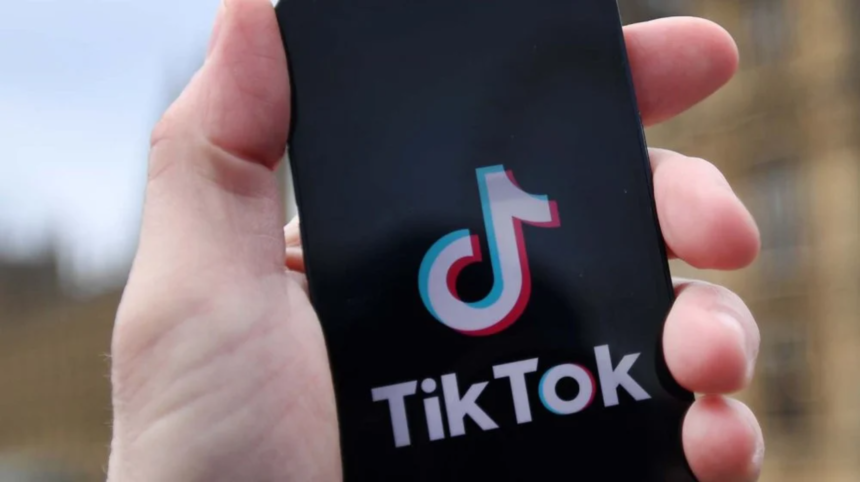TikTok has officially been banned in Albania starting today, and the popular social media platform could soon face similar restrictions in the United States. A ban could be imposed as early as January 19, the day before the inauguration of the new U.S. president, unless the Supreme Court grants a request from former President Donald Trump to block the law allowing the ban.
The decision to ban TikTok in Albania follows a tragic incident involving a young boy’s death, which sparked an intense debate about online bullying. As a response to this and the rising concern over peer violence, authorities in Tirana have decided to impose a year-long ban on the platform.
Mixed Reactions to the Ban
Idro Seferi, a journalist, views the decision as partially correct but believes it won’t significantly reduce peer violence. “Most TikTok users also use other platforms, and influencers’ content will likely continue to grow on Instagram,” Seferi explains.
Marketing experts highlight the ongoing debate around the impact of social media, particularly regarding attention disorders and time management. They say that some influencers now have more influence on language and identity formation than parents or peers. The real question is whether politics will overshadow the societal issues raised by social media.
Debates Around the Ban’s Effectiveness
In contrast, several schools in Western countries, including the Netherlands, have adopted tablets for teaching children to use technology for creative learning, not just entertainment. Experts argues that banning TikTok entirely may increase interest in it and that the focus should be on education, not restriction.
The ban has sparked both positive and negative reactions among Albanians, with the opposition, particularly the Democratic Party, criticizing the move. They claim TikTok played a significant role in their political growth and presence on social media. Even Prime Minister Edi Rama uses the platform, and some view the ban as a political maneuver ahead of the upcoming elections, according to Seferi.
Political Implications and Speculations
Political analysts also point to the potential misuse of TikTok’s influence in political campaigns, citing a similar incident in Romania, where the first round of presidential elections was canceled due to concerns about TikTok’s impact on the results.
Some experts on communication strategies suggests that the Albanian government’s actions may stem from fears that TikTok could threaten their political power. Noting the presence of Chinese Communist Party representatives on TikTok’s parent company board, ByteDance, which raises concerns about political influence.
In the U.S., Trump’s stance on TikTok has changed over time. He previously threatened to ban the app during his first presidential term but now seeks a delay in the law that would force the company to sell or shut down. This shift in his position is largely due to the involvement of major Republican Party donor Jeff Yass, an investor in TikTok.
Trump’s actions could be interpreted as a form of implicit negotiations with China, as his administration had little control over the company before taking office. This complex relationship continues to raise questions about the intersection of politics, economics, and social media.







